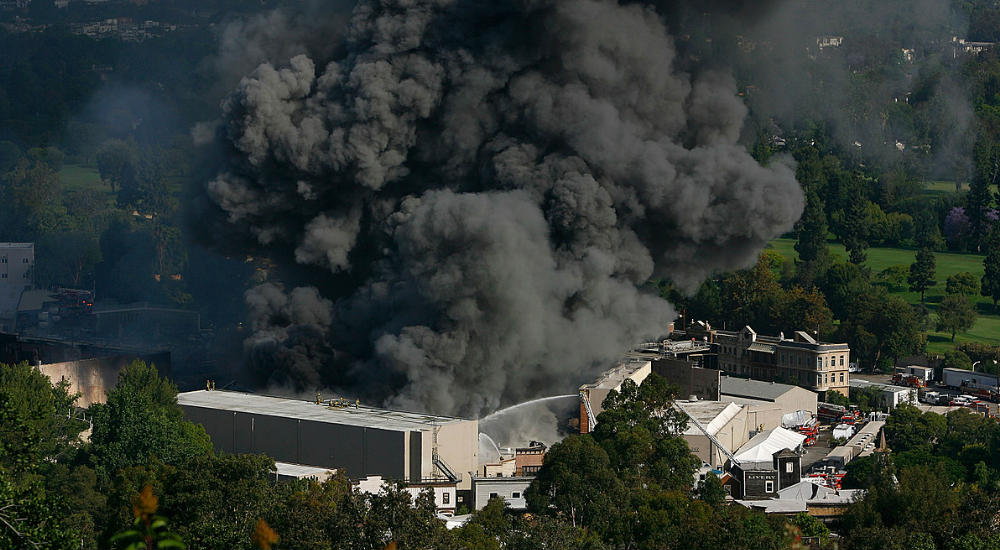According to the article, when the fire was first reported, the destroyed warehouse was thought to have primarily contained film archives, with Universal Music Group suggesting that the losses to its music properties were small.
However, the Times has obtained documents that there were around 18,230 “assets destroyed”, and the loss of “an estimated 500K song titles” in the fire, and while there was an active effort to digitize much of their holdings, only 12,000 tapes had been transferred to digital storage formats at the time of the fire. Not only were the physical artifacts lost, but the truest and most reliable recordings of some of the world’s greatest artist were destroyed, leaving songs that resemble nothing but a meek reverberation of the original chord.
The list of artists whose work is thought to have been destroyed includes B.B KIng, Neil Diamond, the Mamas and the Papas, Joni Mitchell, Captain Beefheart, Cat Stevens, Elton John, Lynyrd Skynyrd, Eric Clapton, The Eagles, Aerosmith, Steely Dan, Iggy Pop, Tom Petty and the Heartbreakers, the Police, Sting, R.E.M, Janet Jackson, Guns N’ Roses, Sonic Youth, Nine Inch Nails, Snoop Dog, Soundgarden, Beck, Tupac Shakur, and Eminem, as well as tens of thousands of forgotten artists of gospel, blues, jazz, country, disco, classical and more that now exist only as written entires in discographies.
In the report, UMG documents surmise: “Lost in the fire was, undoubtedly, a huge musical heritage.”
The article elucidates, “When the tapes disappeared, so did the possibility of sonic revelations that could come from access to the original recordings. Information that was logged on or in the tape boxes is gone. And so are any extra recordings those masters may have contained — music that may not have been heard by anyone since it was put on tape.”
The loss of the master versions inhibits the ability of future technology to revisit the past recordings to potentially improve the existing versions that we have of these songs today.
Previous efforts at reimagining these songs have only been made possible due to the existence of master recordings kept in mint condition. Without the master records, remastered releases of albums such as the 2017 re-release of The Beatle’s Sgt. Pepper’s album wouldn’t have been possible.
While most music released by these artists is still streamable, safe in a never-ending web of online memory databases, the original recordings, the master versions, of each of these songs are now potentially forgotten casualties of the fire.
With an evaluation of $33 Billion, Universal Music Group is the worlds biggest record company, boasting a market share nearly double in size of its nearest competitor, Sony Music Entertainment. Last year, UMG’s owner Vivendi, itself a mass media company, announced it was interested in selling up to 50% of its holdings in the business.
However, the losses to the company’s music archive could minimize its financial muscle as the full value of the lost recordings can never be realised.
Read the full report at the New York Times website.







